| Aspect | Description |
|---|---|
| Parasha Number | The 19th Parasha in the Book of Exodus (Shemot). |
| Parasha Name | Terumah (תְּרוּמָה), translating to “Donation” or “Contribution” in Hebrew, underscores the narrative featuring the detailed instructions for the construction of the Tabernacle and its furnishings. |
| Torah Book | Exodus (Shemot). |
| Number of Verses | Comprises 130 verses. |
| Number of Words | Approximately 2,087 words in the Hebrew text. |
| Primary Characters | Central figures include Moses, Bezalel, and the Israelites. |
| Key Themes | Encompass the instructions for the construction of the Tabernacle and its furnishings, emphasizing the importance of contributing to sacred endeavors and creating a dwelling place for the Divine presence among the Israelites. |
| Significant Events | Highlights the detailed instructions for the collection of materials and the construction of the Tabernacle and its components. |
| Notable Quotes | Showcases the willingness of the Israelites to contribute towards the construction of the Tabernacle, reflecting their commitment to communal worship and spiritual fulfillment. |
| Legacy | Parashat Terumah marks a significant milestone in the establishment of a sacred space for worship and communion with the Divine, symbolizing the covenantal relationship between God and the Israelites. |
| Relevance Today | The themes of voluntary contribution, communal participation, and the creation of sacred spaces resonate in contemporary religious practice and philanthropy. |
| Well-Known Stories | Include the detailed instructions given to Moses for the construction of the Tabernacle and its furnishings, reflecting divine revelation and human craftsmanship coming together. |
| Special Observances | Considered significant in synagogue services, Parashat Terumah holds a key place in Jewish liturgical traditions, often inspiring discussions on the value of voluntary giving and the sanctity of communal worship. |
| Connections to Other Texts | Terumah lays the groundwork for the detailed construction of the Tabernacle, which becomes a central focus in subsequent portions of the Torah, particularly in Parashat Tetzaveh and Parashat Vayakhel. |
| Theological Significance | Emphasizes the importance of voluntary contribution, communal participation, and the creation of sacred spaces as integral components of fostering a deeper connection with the Divine and fulfilling one’s spiritual obligations. |
Parashat Terumah, the nineteenth weekly Torah portion in the Book of Exodus (Shemot), centers on the detailed instructions provided by God to Moses regarding the construction of the Tabernacle, also known as the Mishkan, and its furnishings. The term “Terumah” means “Donation” or “Contribution” in Hebrew, underscoring the central theme of voluntary giving for the sacred purpose of constructing a dwelling place for the Divine presence among the Israelites.
In this parasha, God instructs Moses to solicit offerings from the Israelites, including gold, silver, copper, fine fabrics, and various precious materials, all of which would be used in the construction of the Tabernacle and its accoutrements. Additionally, specific details are provided for the construction of the Ark of the Covenant, the Table for the Showbread, the Menorah, and the Altar of Incense, among other items.
Parashat Terumah highlights the significance of communal participation and voluntary contribution in the service of the Divine. It emphasizes the Israelites’ collective responsibility in creating a sacred space where they can worship and commune with God. The detailed instructions for the construction of the Tabernacle underscore the meticulous care and reverence with which the Israelites were to approach their religious obligations.
Furthermore, the parasha emphasizes the partnership between divine revelation and human craftsmanship, as the Israelites were called upon to utilize their skills and resources to bring God’s vision for the Tabernacle to fruition.
Overall, Parashat Terumah serves as a foundational text in Judaism, illustrating the importance of communal worship, voluntary giving, and the creation of sacred spaces in fostering a deeper connection with the Divine. Its timeless teachings continue to inspire reflection and practice within Jewish communities, highlighting the enduring significance of devotion and stewardship in religious life.
תרומה
Teruma
Exodus 25:1-27:19
מלכים א
ה׳:כ״ו-ל״ב
I Kings
5:26-6:13
Terumah
more on Parashat Terumah
Quick Guide: The Five Books of Moses
| Genesis | Exodus | Leviticus | Numbers | Deuteronomy |
|---|---|---|---|---|
| Bereshit (1:1-6:8) |
Shemot (1:1-6:1) |
Vayikra (1:1-5:26) |
Bemidbar (1:1-4:20) |
Devarim (1:1-3:22) |
| Noach (6:9-11:32) |
Va'era (6:2-9:35) |
Tzav (6:1-8:36) |
Naso (4:21-7:89) |
Va'etchanan (3:23-7:11) |
| Lech Lecha (12:1-17:27) |
Bo (10:1-13:16) |
Shemini (9:1-11:47) |
Behaalotecha (8:1-12:16) |
Ekev (7:12-11:25) |
| Vayera (18:1-22:24) |
Beshalach (13:17-17:16) |
Tazria (12:1-13:59) |
Shelach (13:1-15:41) |
Re'eh (11:26-16:17) |
| Chaye Sarah (23:1-25:18) |
Yitro (18:1-20:23) |
Metzora (14:1-15:33) |
Korach (16:1-18:32) |
Shoftim (16:18-21:9) |
| Toledot (25:19-28:9) |
Mishpatim (21:1-24:18) |
Achare Mot (16:1-18:30) |
Chukat (19:1-22:1) |
Ki Tetze (21:10-25:19) |
| Vayetze (28:10-32:3) |
Teruma (25:1-27:19) |
Kedoshim (19:1-20:27) |
Balak (22:2-25:9) |
Ki Tavo (26:1-29:8) |
| Vayishlach (32:4-36:43) |
Tetzave (27:20-30:10) |
Emor (21:1-24:23) |
Pinchas (25:10-30:1) |
Nitzavim (29:9-30:20) |
| Vayeshev (37:1-40:23) |
Ki Tisa (30:11-34:35) |
Behar (25:1-26:2) |
Matot (30:2-32:42) |
Vayelech (31:1-30) |
| Miketz (41:1-44:17) | Vayakhel (35:1-38:20) |
Bechukotai (26:3-27:34) |
Masei (33:1-36:13) |
Haazinu (32:1-52) |
| Vayigash (44:18-47:27) |
Pekude (38:21-40:38) |
V'Zot HaBeracha (33:1-34:12) |
||
| Vayechi (47:28-50:26) |

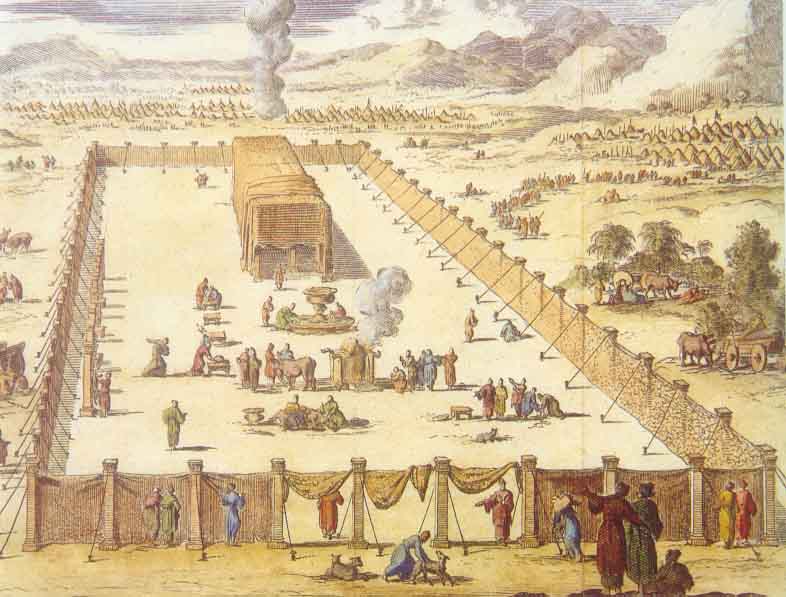

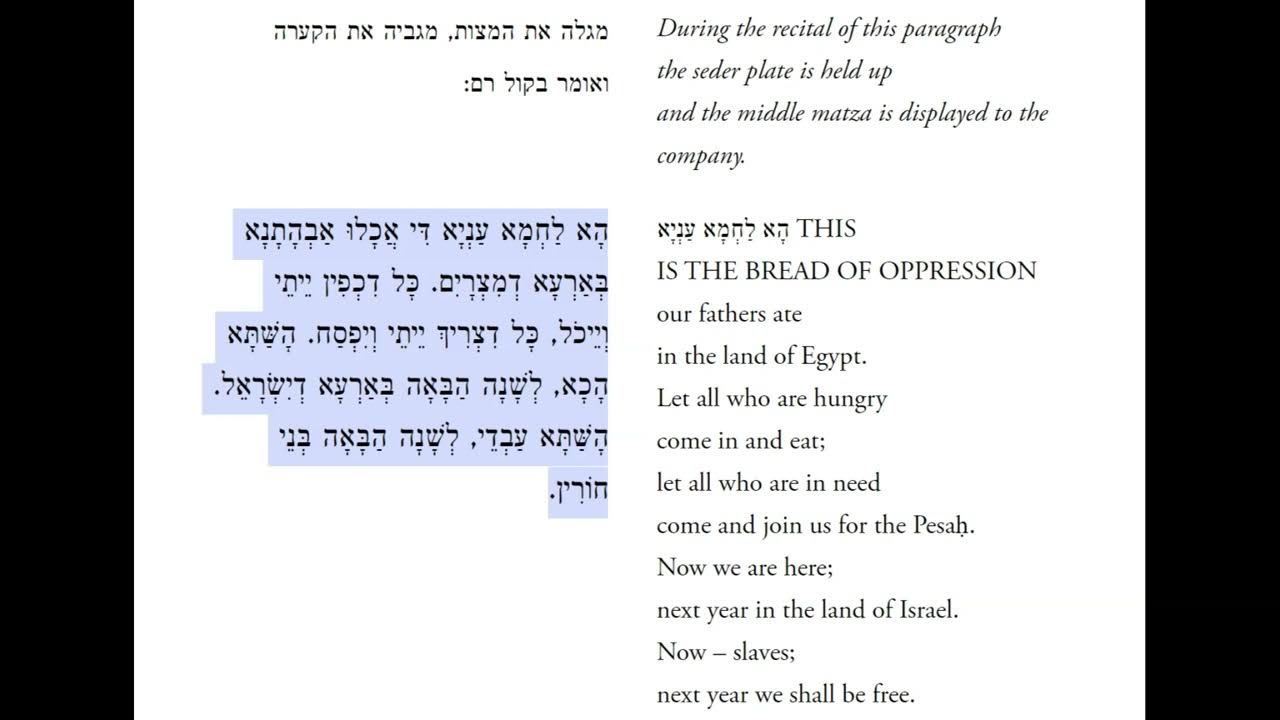
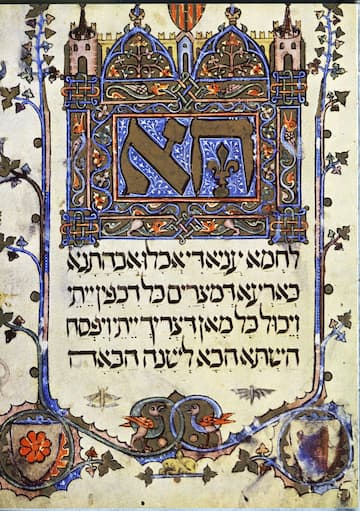
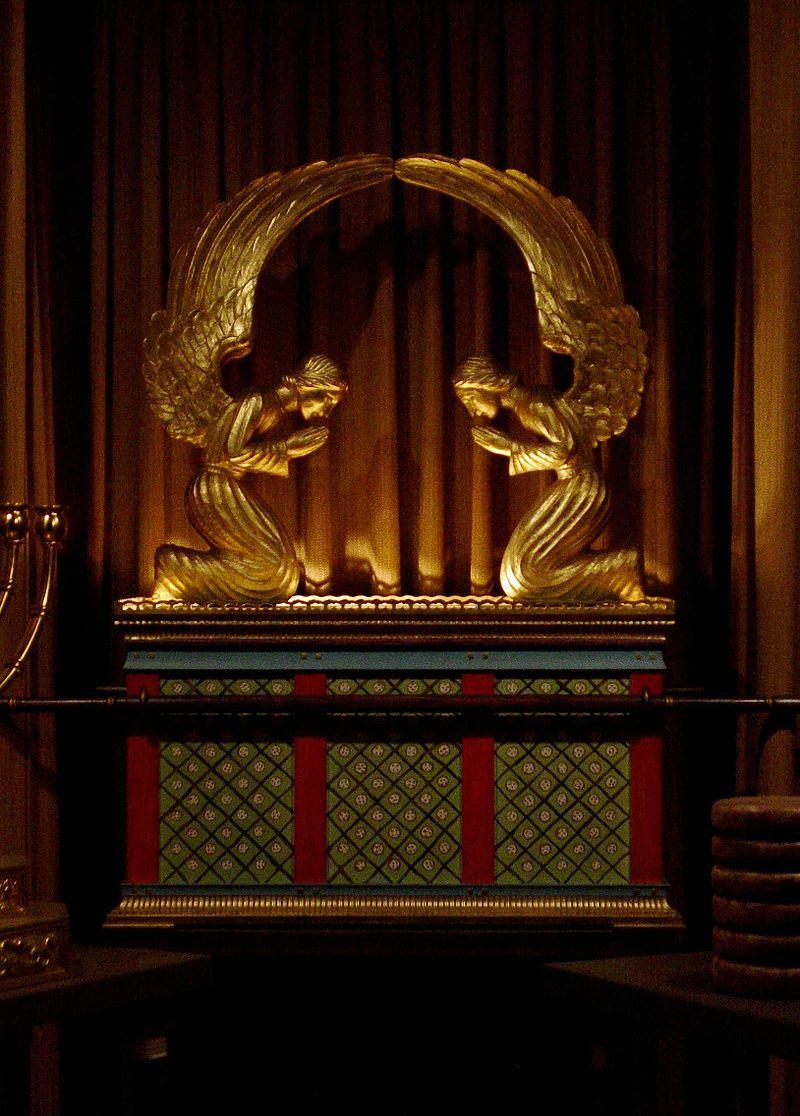
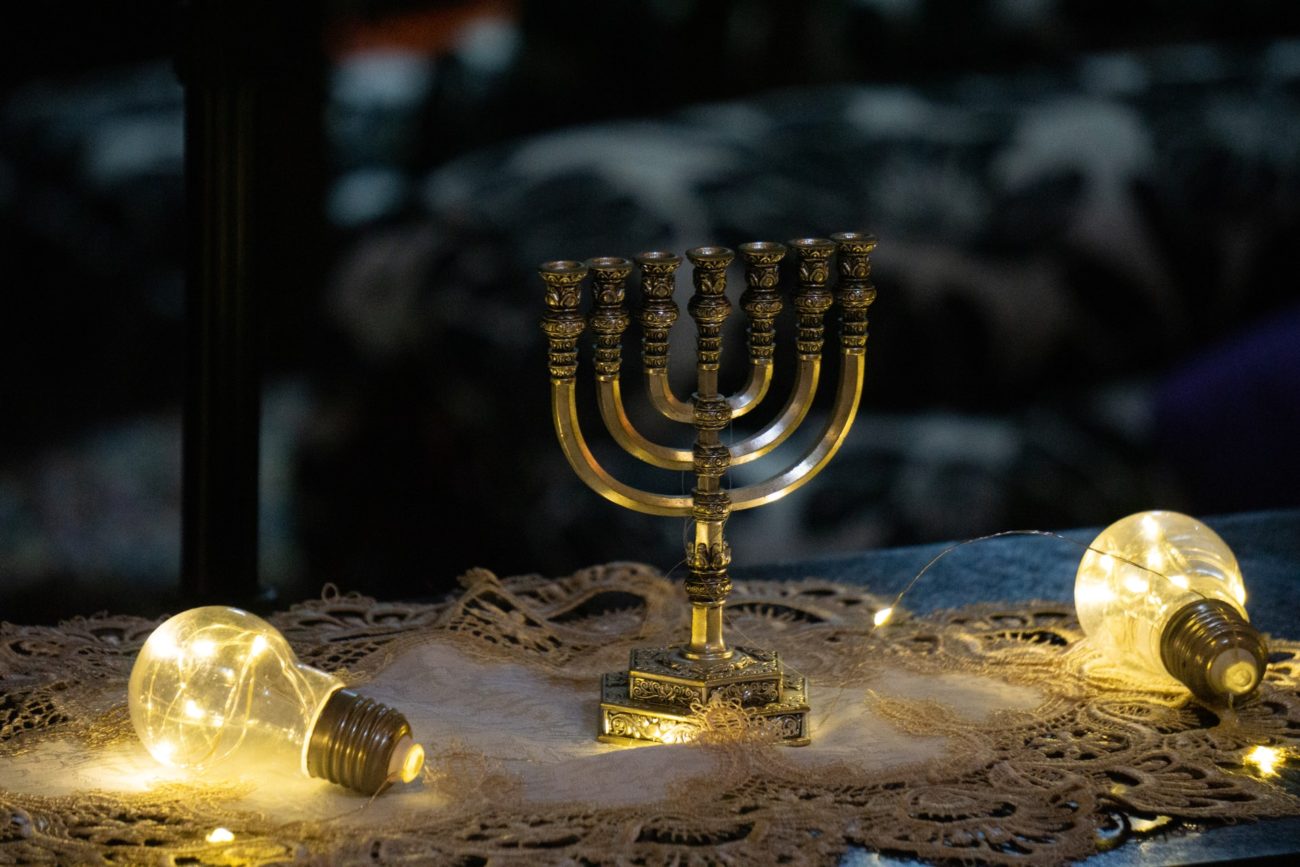
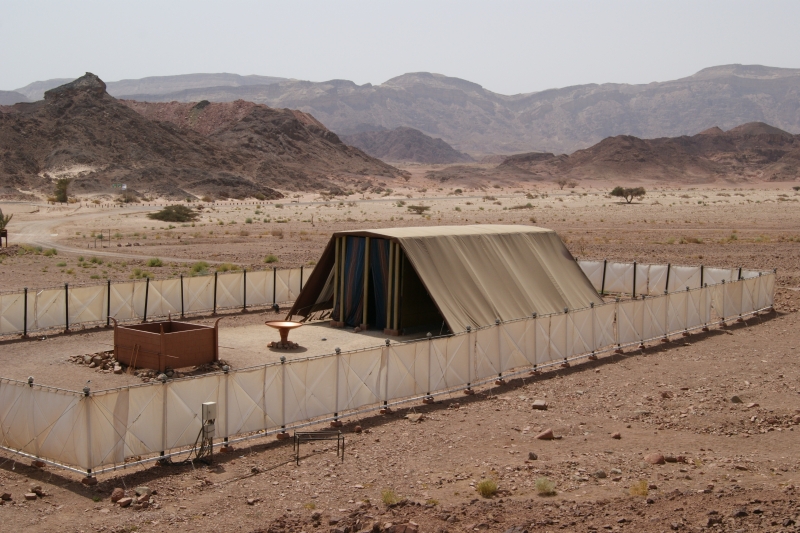




Parashat Aharei Mot Weekday reading Moroccan te’amim